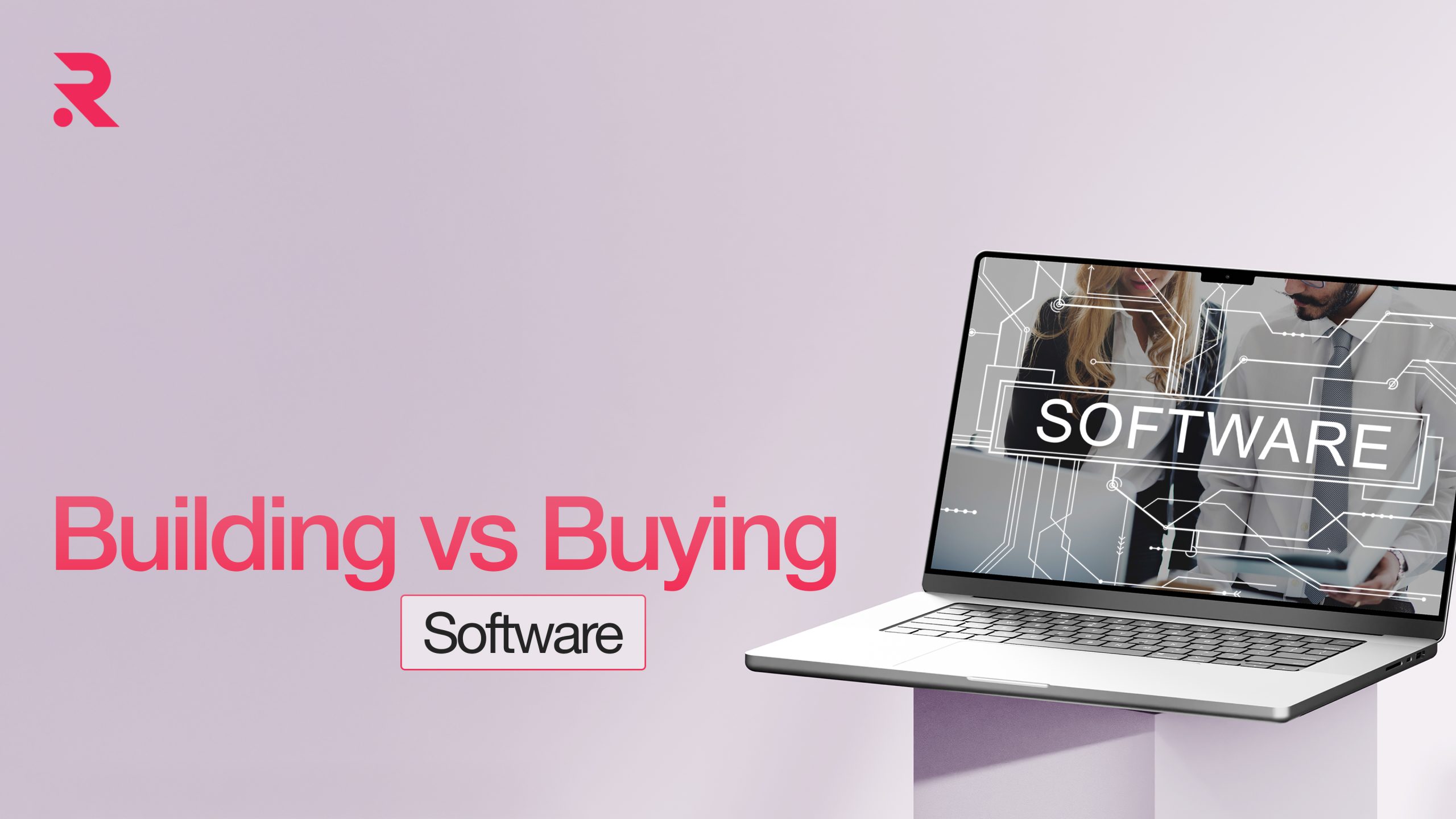
Estimated reading time: 9 minutes, 41 seconds
Ever wonder why your online cosmetic shop is not getting enough traffic? If that’s the reason that makes you worry, then here in this blog, we will talk about how to boost SEO for the beauty industry to double up your sales?
Why Is Beauty Industry Marketing Important in the UK?
The beauty business is one of the most significant sectors contributing to the world’s economy, and the UK is no exception. British people like themselves to be well-groomed and dressed like any other normal human being. Statistically speaking, the United Kingdom is one of the top three cosmetic users in Western Europe, after Germany and France.
In 2017, the UK cosmetics boom occurred, with the sector’s market value reaching a remarkable £9.8 billion. Its market worth has maintained over £9 billion ever since. The beauty business in the United Kingdom is estimated to cost £27 billion by 2020, making it the world’s 7th most significant cosmetics sector.
Now you see, the beauty industry is promising in the Uk as more and more people lean towards the market. It is essential to keep yourself distinct if you have to survive in the cutthroat competition. This is why proper marketing is critical.
How Is Digital Marketing Impacting The Beauty Industry?
Back in the day, the beauty business was all shop-based. People walked into the store to sample items, talk to store employees, and figure out what would work best for them. This approach is considered suitable for everyone.
But now everything has changed. With the invention of technology, we are gravitating towards ways that can save our time and money. The beauty business has risen to a higher, greater connected level thanks to the digital world. It’s simpler than ever to reach out to customers worldwide using a variety of content, platforms, and channels. No doubt, half of the population spends their time on social media, and the beauty industry knows how this platform can work in their favour. Suppose you know about the incident when Rihana launched its Fenty beauty on the digital platform. The business, founded on the premise of ‘Beauty for All,’ gained 1.4 million Instagram followers in about four days. They were prepared to educate ladies of all races about body positivity and inclusion.
One such instance is Estee Lauder, a well-known luxury cosmetics company. With the launching of “Liv at Estee Lauder,” a partnership with Google’s artificial intelligence, they took a step forward with speech technology. Users may obtain a customised night care regimen through a one-on-one discussion by saying “Ask Liv” to their smart speaker. The goal of the launch was to give customers individualised services and answers for all of their skincare issues.
The whole point here is the industry has changed now. The number of customers who purchased skincare goods online using a digital marketing platform has skyrocketed.
Role of Influencer Marketing in the Beauty Industry
One of the most significant developments has always been the proliferation of YouTube and Instagram stars and the expansion of the digital beauty world. These “influencers” have swiftly impacted the business thanks to their large social media followings. These new stars have pushed up the industry in new ways, from marketing their products to becoming figureheads for huge names.
In terms of product recognition, customer relationship, product sales, and income, influencer marketing initiatives substantially benefited. Cosmetics firms, ranging from well-established corporations to start-ups, reap significant benefits from using influencer marketing to drive sales across various social media platforms, such as YouTube, Facebook, and Instagram. This technique has been utilised by major cosmetic businesses like L’Oreal and Avon and newcomers like The Man Company to enhance brand resonance and recognition of their cosmetic goods.
How SEO and Influencer Marketing Go Hand in Hand?
No doubt influencer marketing is essential, but SEO is critical too for bringing visitors to your site. Suppose you find an advertisement on a social media channel, it can be a story or paid post, but when you search for the same thing or product on the search engine, you will doubt the credibility of the advertisement. This is where SEO comes into play; it will help you optimise your site for that particular keyword.
Consider the second scenario where one of the influencers conducted the live session about a banana powder. So you were interested in buying it, but you didn’t recall the name of the brand and the live stream is not uploaded on the platform. Then, in that case, the best possible thing you will do is search the same on search engines, but the company hasn’t done the SEO for the same product. So, you will end up buying the product of a company whose SEO strategy was better. In that case, the efforts of the influencer were a total waste. But with proper SEO, you can end up bringing more conversions.
Because of Instagram’s “tap” and “swipe up” features, collaborating with influencers might improve the traffic from social media. However, keep in mind that organic traffic to the website will not alter, and sponsored collaboration or marketing may show to be far less profitable in the long term than natural clicks and trying to score highly in search engine results.
SEO is highly effective in the beauty sector, and social media is also a requirement. Imagine how beneficial it would be to merge these two strategies that complement one another to increase the scope of the website.
SEO Tips for Beauty Industry Websites
When it comes to SEO, the beauty industry is cutthroat. Leading multi-brand shops such as Superdrug, L’Oreal, Cosmopolitan, Beauty Bay, and YouTube videos all ruling the search engines. So, it is crucial to understand your audience profiles before you begin developing your SEO and content strategy for your beauty company.With the Right SEO strategy you can rank your website above your competitors. Below are some of the SEO for beauty industry tips that can win customer’s hearts
1. Beauty Keyword Research
The very first step is to do the proper keyword research for your beauty products. The sort of Beauty site you have and the audience you want to reach will determine the keywords you choose. The goal is to rank for high-volume keywords that are relevant to your target demographic. The target audience can be young millennials, gender-specific, environment-friendly products, ageing population, cruelty-free, and much more. Moreover, it is possible to target local audiences using Local SEO
techniques.After knowing your target audience, the next step involves finding the SEO terms ranking on the search engine. You can utilise keyword research tools such as Semrush, Ahref, uber suggest and so on. All you have to do is make a list of the top high-value keywords that your prospective customers may use. When determining the ideal keywords for your beauty business, consider the keyword density, competition, keyword relevance, and purpose.
2. Get Solid Keyword Driven Content Strategy
The next thing to do has a solid keyword-driven content strategy. Customers are buying more beauty products online now than ever because they want to do their homework before buying. As a result, beauty businesses have a tremendous ability to engage with their audience and boost engagement with consumers by providing good content at all phases of the buying funnel. Brands spent a lot of time generating the appropriate content to be noticed by the intended audience, whether on channels like Instagram and Facebook, Influencer blogs, youtube videos or the site’s blog. Blogging is a must for the beauty industry as it allows them to disseminate important information online while also improving the rankings of their core using long-tail keywords. Helpful tips, how-tos, tutorials, and beauty courses are the most significant kind of beauty material. All in all, create unique, shareable, and informative that is immediately connected because of its worth.
3. Perform a Technical SEO Site Audit
Beauty shop websites are often huge commerce sites with hundreds of pages and multiple goods; that is why it is critical to get an adequately executed website from a technological standpoint. ScreamingFrog, Deepcrawl, Sitebulb, and more tools allow users to do technical SEO audits. It is vital to fix the errors on-site if there is any to improve the online presence. For starters, the structure of websites plays a crucial role in ranking. So try to make it more professional and elegant. Further, a quick site load time is essential for every website since it enhances the customer experience and is a ranking element. Fix broken links or 404 errors, if any. Also, implementing a schema on the beauty product site is another good strategy.
4. On-page Optimisation
The next thing is to take care of on-page optimisation. Try to ensure you use the appropriate keywords while optimising the site page. If you’re a new company, start with long-tail keywords and work your way up to broad, competitive search phrases. Ensure page titles, meta descriptions, headings, URLs and much more with your targeted term. Further, use relevant headers on your item list and description pages, including a lot of information about a product, including its perks. Lastly, always add alt text on the website images.
5. Off-page Optimisation
Apart from technology and on-page SEO, backlinks are among the most important Google ranking criteria. There is a relationship between higher ranks and top-notch backlinks on sites. Create a long-term white-hat link-building plan to get high-quality backlinks from regional and related websites that serve as both support and a source of relevant referral traffic. You need to always keep in mind some things when it comes to backlinks, which is building backlinks to the homepage isn’t enough. Deep links to the product list and description pages should be considered part of the backlinks. Always do your competitors’ backlink research, and for the same, you can use tools like Ahrefs, Backlinko and so on. Further, outsourcing link building also seems a good approach. You can hire a specialised agency to do influencer outreach and digital PR while concentrating on other important things.
6. Local SEO
Now, this is the thing most eCommerce store owners take lightly. Establishing a local SEO is crucial if you own a physical store. It helps your physical store to appear up on searches like “brand name near me”. Small and large stores benefit from a thriving local business SEO strategy since it allows them to list on page 1 of Google SERPs. Further, citations or internet references to your beauty shop’s name, location, and phone numbers. These citations are used by Google and other search engines to determine the validity of a site and subsequently promote it online. Online directories also play an essential role in local SEO., so try to include your business in relevant directories. Also, For each of your retail locations, create a Google My Business account. If you’d like to show up in the Google local pack for searches like “near me” or “brand local,” you’ll need to do this. You can improve your Google My Business listings by adding photographs; writing optimised business descriptions that address your high-volume keywords, and displaying your reviews and social media outlets.
Conclusion
There you go! Now you know all the essential SEO for beauty industry tips that win customers. This is the sector that is booming, so it is important to use strategies that can help your business thrive in this competitive era. Now, as a rookie or newbie, it can be an overwhelming process to start your online beauty shop. Considering that, relying on professionals seems a good bet. One such company is RVS Media that can help your business to reach heights.
To get high sales, leads, and ROI outcomes, develop the best SEO strategy based on an extensive study of your competition and company goals, for the same reach out to us.
 Shopify
Shopify

















